The Covid19 health crisis has taken hold on the economic sectors with significant effects. These effects are likely to be long-lasting, with a recession threatening the European Union and other world economies.
This crisis also highlights the importance of food security. Some in the European Union may have tended to take it for granted, or even to make European agriculture the banker of certain bi or multilateral trade negotiations.
Food security does not mean retreating into a search for local autarky that has never existed, nor is it synonymous with an autodafé of trade with third countries. It is the right balance between boosting European agricultural sectors, a strong single European market ensuring fluidity of trade, and trade with the rest of the world meeting the remaining needs of the European Union and meeting the demands of world markets for which the European Union must assume its share of responsibility in terms of supply and stability of the said markets.
Food security in the European Union is one of the essential bases of its political autonomy.
For it to be true, it goes:
– by an ambitious European policy aimed at the development of the agricultural sectors in all European regions – Farm Europe will devote a specific analysis to it with proposals for action
– in the very short term by urgent measures to respond to the economic crisis in which many agricultural sectors are currently plunging.
FOR ACTIONS TO BE TAKEN WITHOUT DELAY:
– For the dairy sector: this sector suffers from an imbalance between supply and demand due to the seasonal upward curve in production (return to grass) on the one hand and the already noted contraction in the demand for powder in view of the slowdown in exports and the demand for butter from industry and the closure of the out-of-home catering sector on the other. For the record, the recent crises have underlined the sensitivity of the market to any imbalance at a very early stage. A 3% drop in demand leads to a crisis with a collapse in prices.
Remember that in this sector, as in most agricultural sectors, stopping a farm means its disappearance and a decline in production. In view of the investments at stake and the typology of European agricultural holdings (essentially with family capital), the transition from animal production to a plant and vice versa is not and cannot be the reality of European agriculture.
—> in order to avoid a fall in prices and the disappearance of producers, the intervention of products must be opened up, as well as private storage aid for certain products, but above all a European measure to encourage the voluntary reduction of production is urgently needed.
It will then be a question of ensuring that the impact of this measure is not minimized by increases in production by producers who would see it as a windfall effect.
– For the beef sector: major difficulties already exist on the noble (premium) cuts due to the closure of out-of-home catering, the closure of butchery departments in supermarkets. Consumers direct their purchases towards prepackaged purchases and products that are quick to cook. In a context of uncertainty, consumers also tend to deport their purchases on cheaper cuts or meats.
In view of the differentiated evolution of the premium/chopped parts markets, it would be advisable to:
1) Immediately open the private storage aid measure for noble cuts (only for noble cuts)
2) Ensure the balance of this market segment at European level by closely monitoring the marketing and import flows for this category of beef. As a reminder, the market premium for these fine cuts does not exist in Brazil or the USA. In fact, these producers are able to export to the Community market with real profitability at an intra-EU selling price of 7 to 8 euros, which is 1/3 lower than the market price.
3) Activate the clauses provided for in the 2013 CAP allowing farmers to organize together the conditions for marketing their products in times of crisis.
With regard to the meat sectors, attention must also be paid to the sheep sector, a significant part of the annual turnover of which is called into question due to the current crisis and the containments decided.
– For the wine sector: sales via large-scale distribution were maintained in March and should also be in April. However, those destined for out-of-home catering have stalled, those via specialized stores have been reduced, as has the flow of exports, which has contracted sharply. As for the other sectors, the losses in volumes sold will not be made up. In addition to the drop in current turnover, there is the problem of the arrival of the new production in areas where the tanks will be full of stocks. To the financial problem could therefore be added a technical problem, which will amplify the first.
—> distillation measures in certain regions should be considered as soon as they are well used to respond to the Covid-19 crisis and not to erase more structural problems of market adequacy for certain wines, similarly, use of green harvest could be considered.
—> reinforced promotion campaigns, in particular on the EU market, must be financed substantially within the framework of exceptional European measures,
—> a one-year extension of the validity of authorisations held by producers should be decided by way of derogation from article 62 paragraph 3 of Reg.1308/2013.
– For the fruit and vegetable sector: this sector is facing the full impact of the crisis, while its production period is picking up again. It is facing major labour problems, a drop in the consumption of fresh fruit and vegetable products, with consumers switching to long-life products, whether cooked or simple to cook, and production losses with limited storage time. It is therefore necessary to ensure a balance between demand and offer in order not to degrade prices – and therefore to envisage withdrawals of production in the absence of a reorientation towards processing limited by industrial capacities and the balance of the markets themselves – and financial support in view of the inevitable loss of income for seasonal production and a decline in post-health crisis market until consumption has returned to previous levels. In addition, measures to promote consumption will have to be planned as soon as the health crisis ends.
– For the flower and nursery sector: this sector has virtually ceased activity, resulting in a loss of turnover and harvests. Direct financial aid is required for these businesses by activating the provisions of article 219 of regulation 1308/2013.
– For the sugar and ethanol sector: this sector will face a very deteriorated situation very quickly. The energy market has fallen significantly, leading to a sharp drop in the prices and volumes of fuel ethanol. The slowdown in global economic activity that will follow the end of the health crisis does not allow us to hope for a real improvement. Three consequences for the European sugar and ethanol sector:
– a higher availability of sugar at world level due to the redirection of part of Brazil’s ethanol capacity to sugar production, and thus a fall in world sugar prices,
– lower ethanol prices on the European market
– a slowdown in the demand for ethanol on the US market, which will result in US quantities being redirected to the world market and thus be likely, without precaution, to flood the European market.
—> therefore, urgent measures must be taken to preserve both profitability for European productions on the European market and a certain fluidity in world sugar trade. The Commission must immediately begin an analysis of market equilibrium and define the regulatory actions for imports and their price to be taken in order to preserve the European market, particularly in the very short term for ethanol.
– For the cereals sector: the European cereals and field crops sector will suffer the double impact of a very likely global recession, low energy prices, the foreseeable drop in US corn prices and a aggressive commercial policy of the United States on the agricultural markets; a policy already marked before the health crisis by the China-USA agreement which relegated European sources of supply to the background.
In addition to the specific actions to be taken for each sector, a European crisis plan must be prepared for all sectors in order to protect as many structures as possible from the falls in margins that they are likely to have to face. This fund must be able to provide farmers with direct aid to partially compensate for margin losses and cash loan guarantees. A European plan for financial aid for margin losses must be put in place.
All these measures must be financed out of the CAP budget. It would make no sense to reduce CAP direct aid to farmers in order to finance a crisis fund to rescue European agriculture.


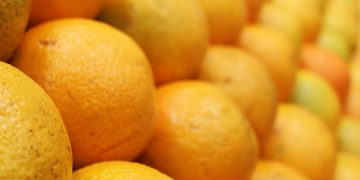
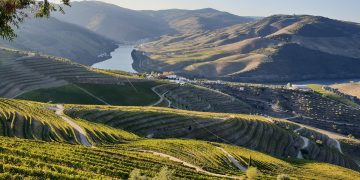

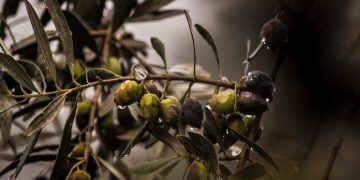

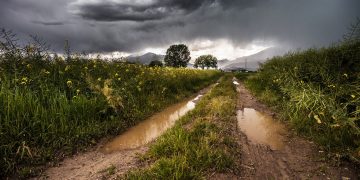
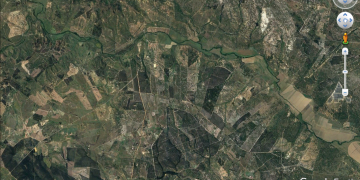









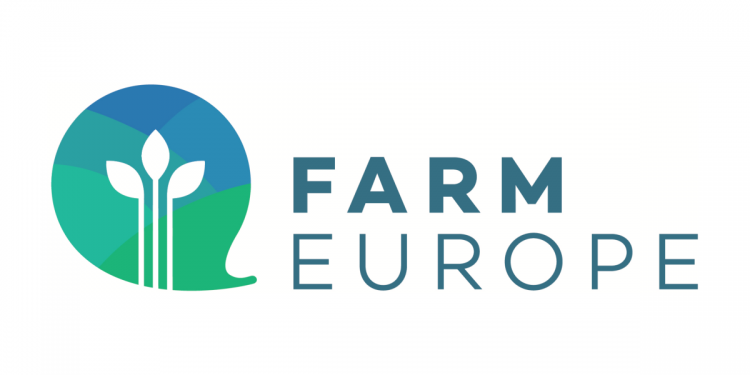
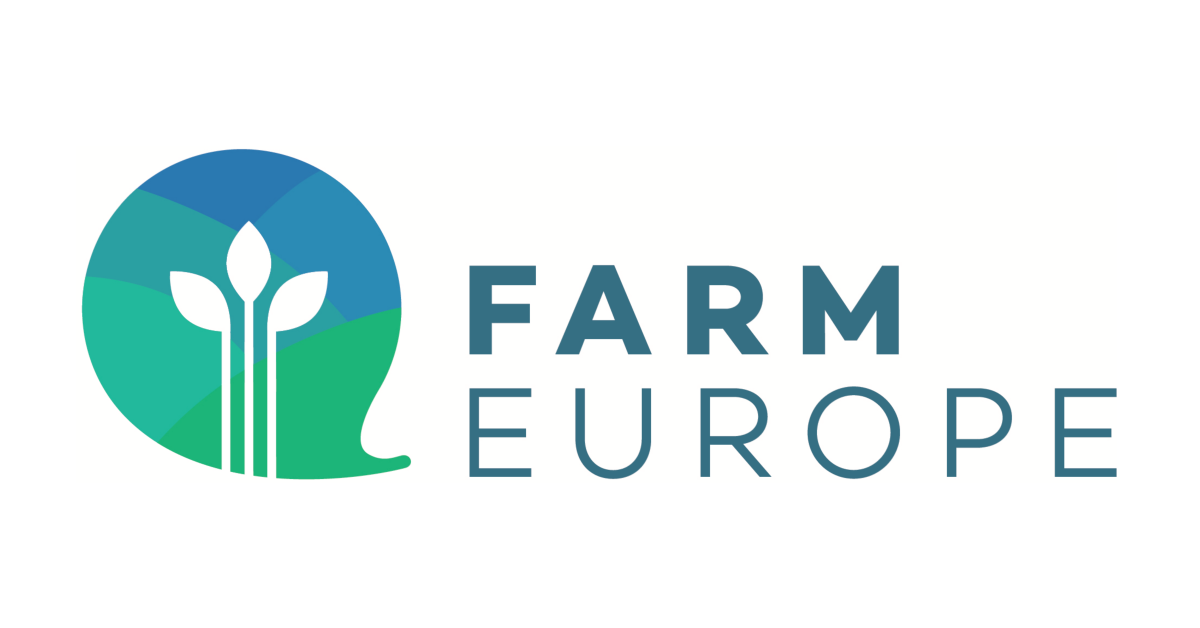

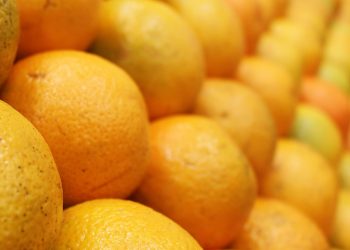
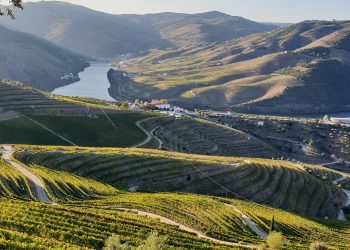




























Discussão sobre este post